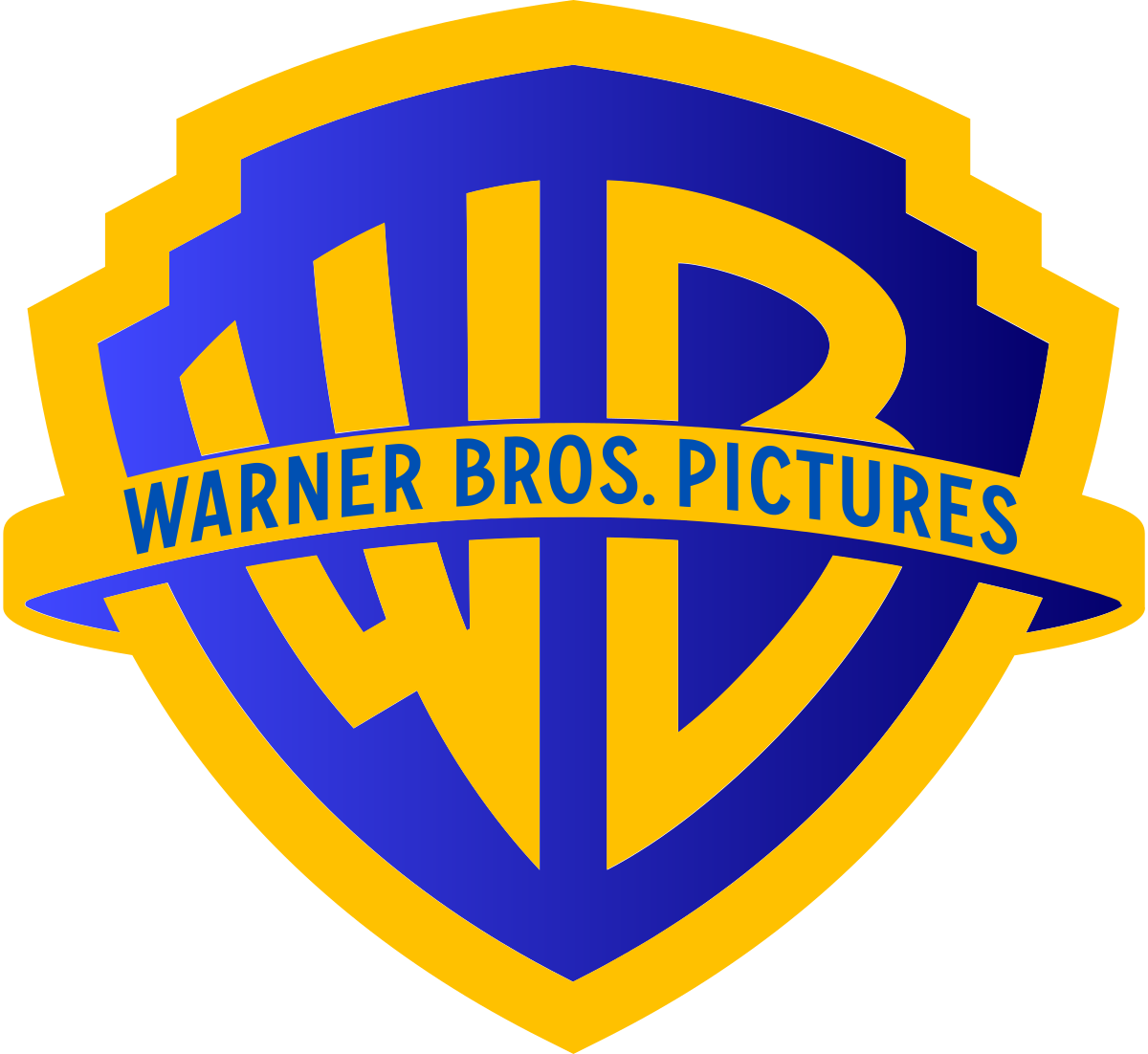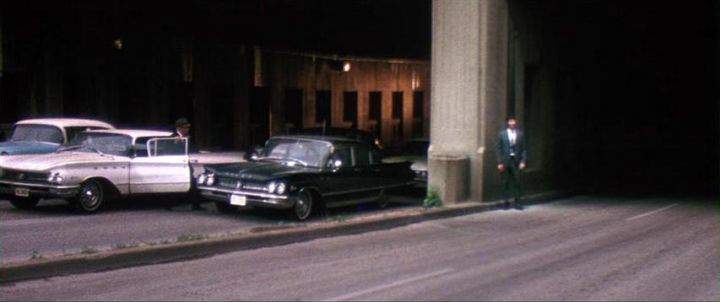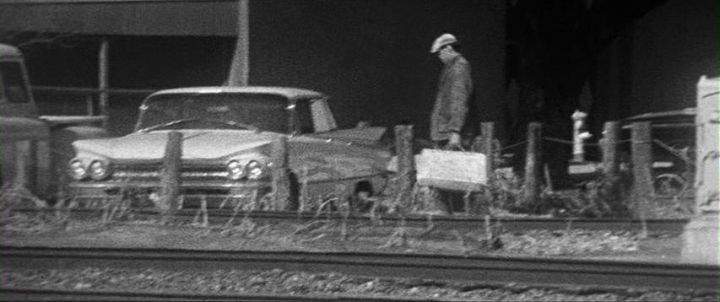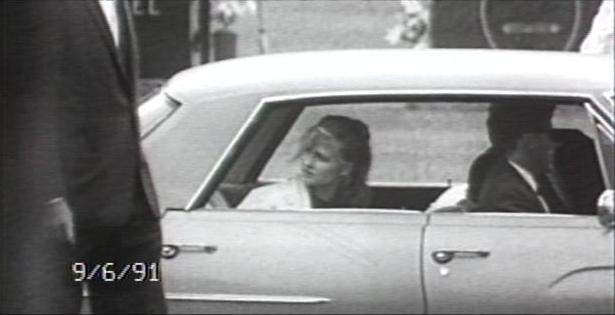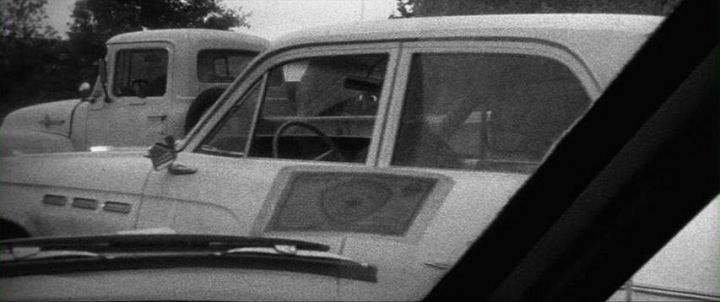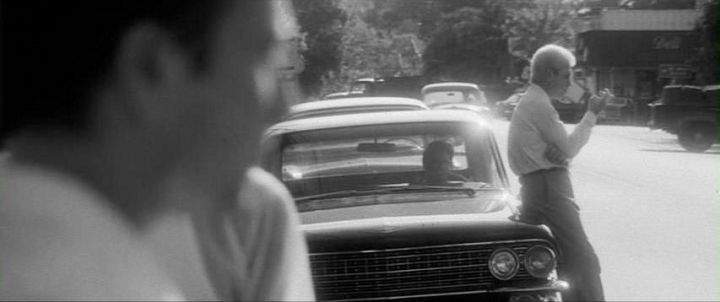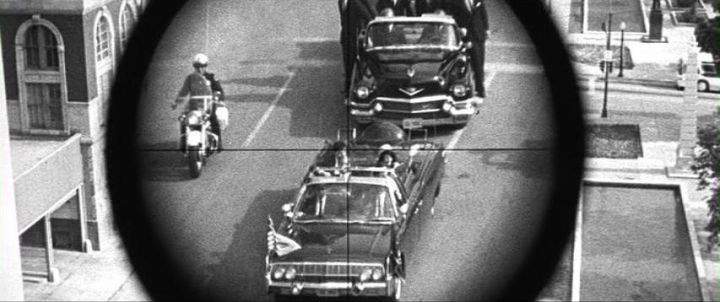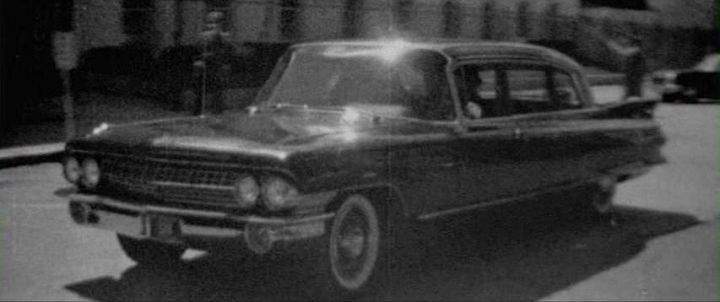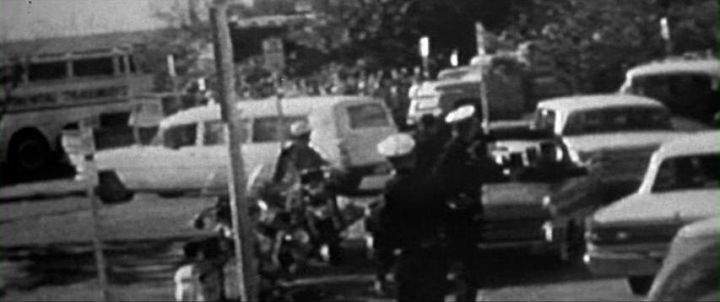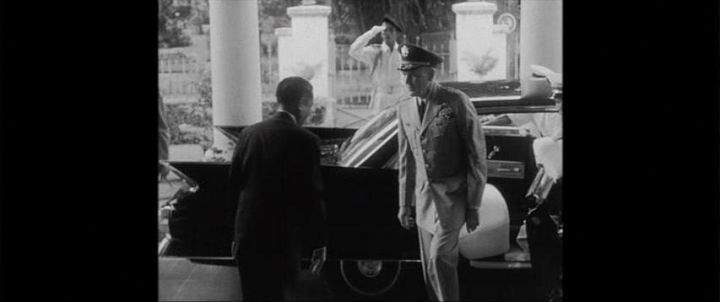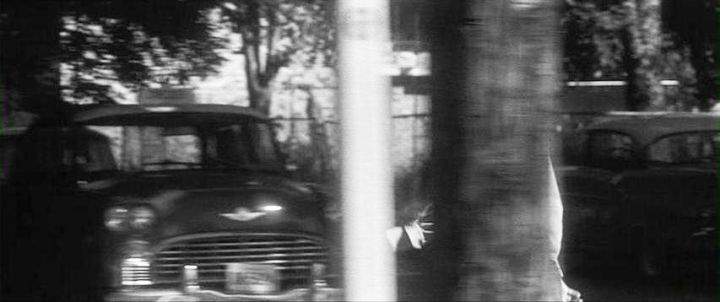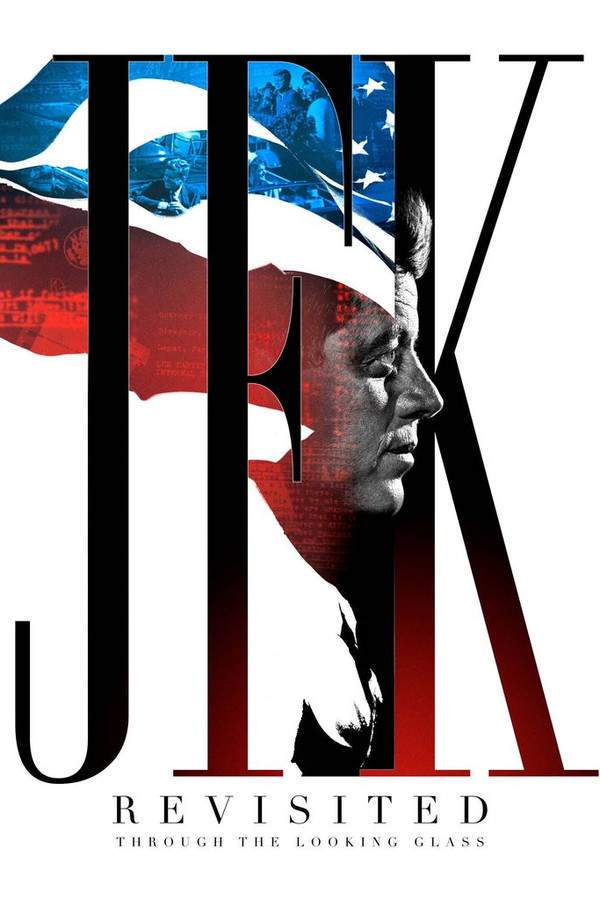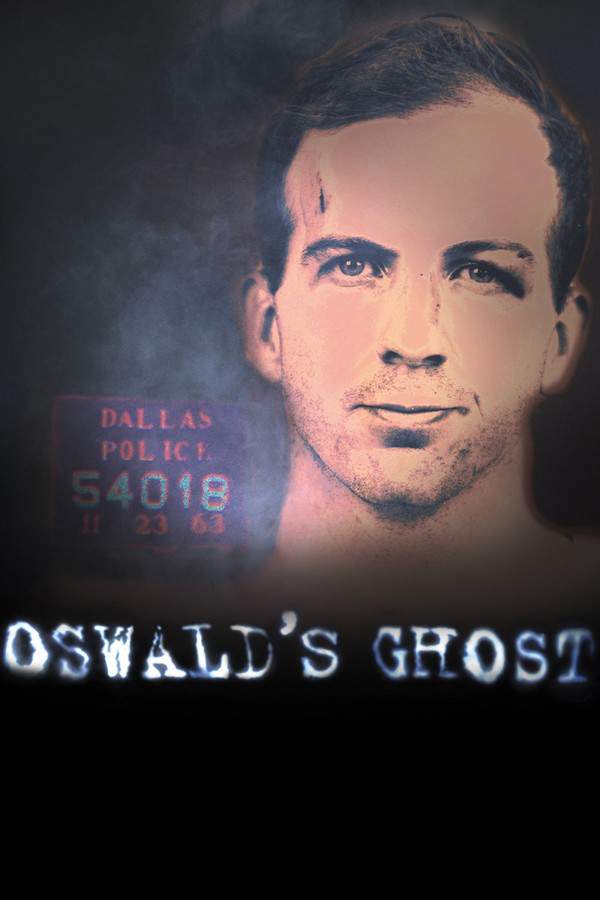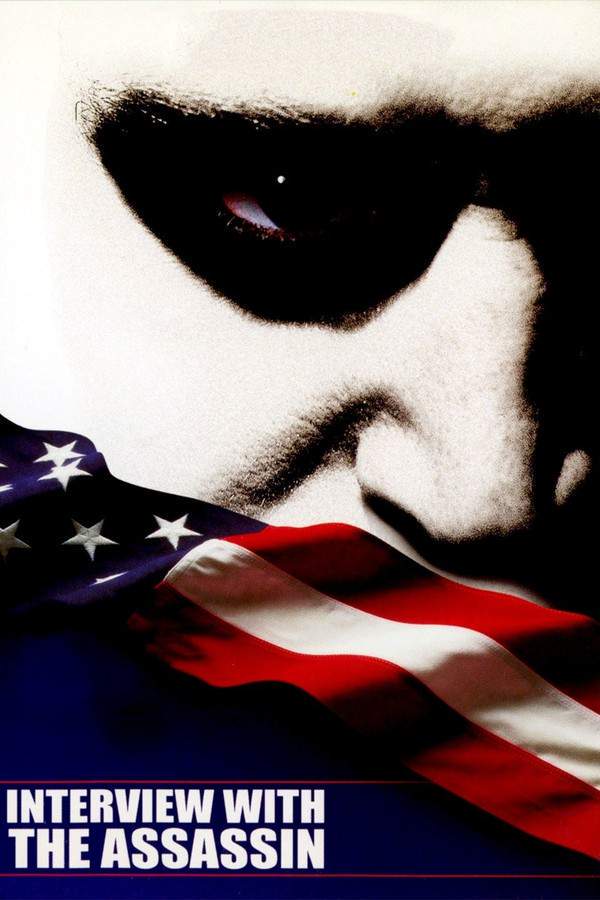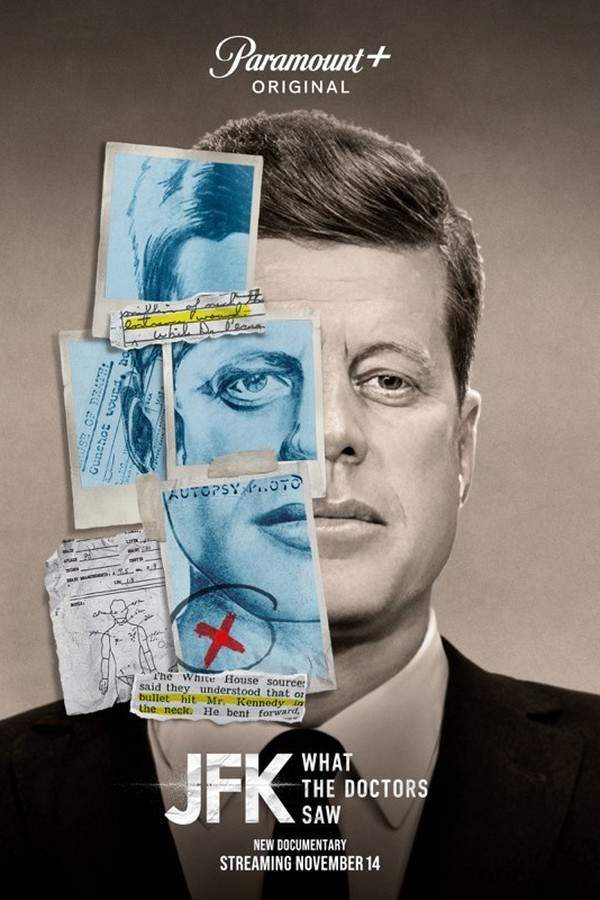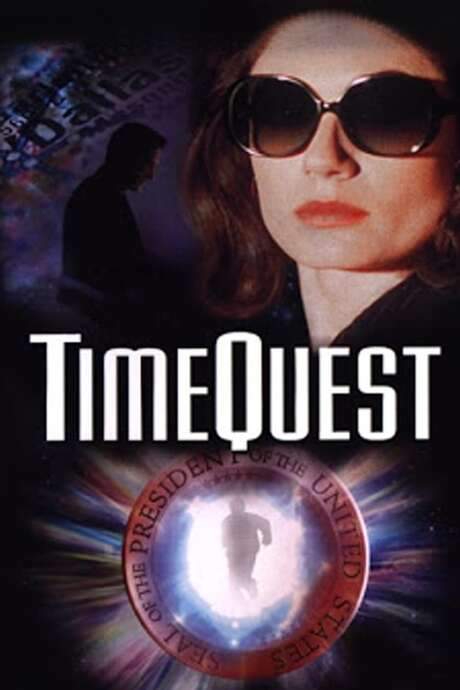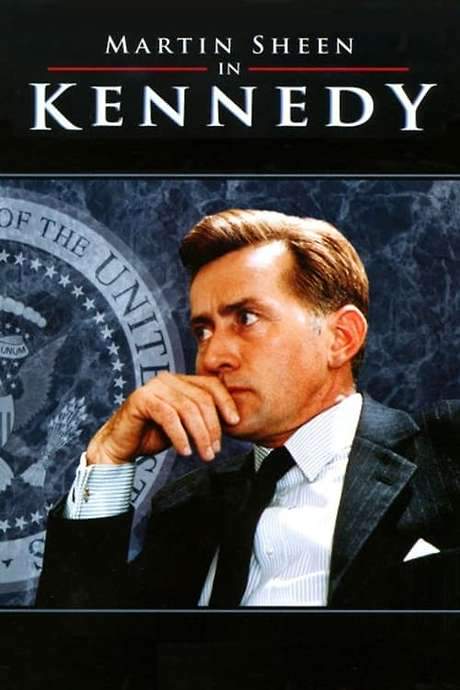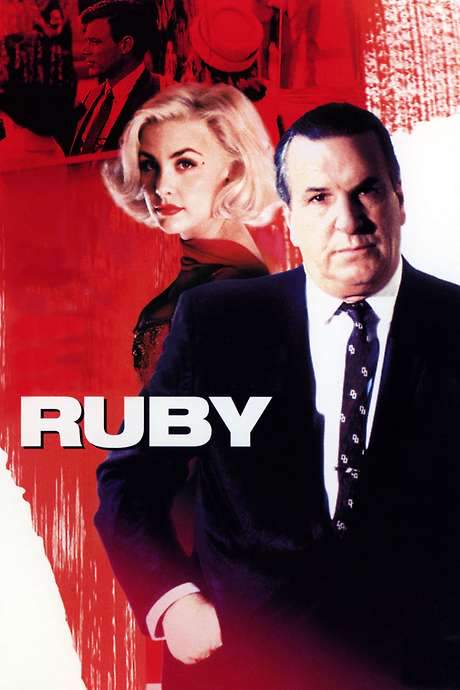JFK 1991

Oliver Stone's gripping drama follows the investigation of District Attorney Jim Garrison (Kevin Costner) into the assassination of President John F. Kennedy. Facing government interference and challenging accepted narratives, Garrison pursues what he believes to be a larger conspiracy. His relentless pursuit of the truth leads him to risk everything as he attempts to expose the forces behind the tragic event that ended Camelot.
Does JFK have end credit scenes?
No!
JFK does not have end credit scenes. You can leave when the credits roll.
Meet the Full Cast and Actors of JFK
Explore the complete cast of JFK, including both lead and supporting actors. Learn who plays each character, discover their past roles and achievements, and find out what makes this ensemble cast stand out in the world of film and television.
External Links and Streaming Options
Discover where to watch JFK online, including streaming platforms, rental options, and official sources. Compare reviews, ratings, and in-depth movie information across sites like IMDb, TMDb, Wikipedia or Rotten Tomatoes.
Ratings and Reviews for JFK
See how JFK is rated across major platforms like IMDb, Metacritic, and TMDb. Compare audience scores and critic reviews to understand where JFK stands among top-rated movies in its genre.

72
Metascore
8.3
User Score


84%
TOMATOMETER

88%
User Score

8.0 /10
IMDb Rating

76
%
User Score
Take the Ultimate JFK Movie Quiz
Challenge your knowledge of JFK with this fun and interactive movie quiz. Test yourself on key plot points, iconic characters, hidden details, and memorable moments to see how well you really know the film.
JFK Movie Quiz: Test your knowledge on the intricate details and themes of the 1991 film JFK.
Who voiced the opening narration of JFK?
Kevin Costner
Martin Sheen
Gary Oldman
Joe Pesci
Show hint
Awards & Nominations for JFK
Discover all the awards and nominations received by JFK, from Oscars to film festival honors. Learn how JFK and its cast and crew have been recognized by critics and the industry alike.
46th British Academy Film Awards 1993
Best Actor in a Supporting Role
Best Adapted Screenplay
Best Editing
Best Sound
64th Academy Awards 1992
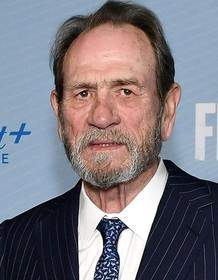
Cinematography

Film Editing
Music (Original Score)
Best Picture
Sound
Writing (Screenplay Based on Material Previously Produced or Published)
44th Directors Guild of America Awards 1992

49th Golden Globe Awards 1992
Best Motion Picture – Drama
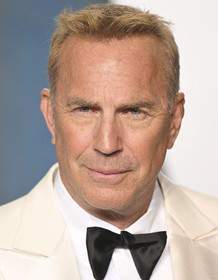

Best Screenplay
Full Plot Summary and Ending Explained for JFK
Read the complete plot summary of JFK, including all major events, twists, and the full ending explained in detail. Explore key characters, themes, hidden meanings, and everything you need to understand the story from beginning to end.
The film begins with a gripping narration by an uncredited Martin Sheen, presenting newsreel footage that encapsulates the pivotal farewell address of outgoing President Dwight D. Eisenhower from 1961, where he cautioned against the increasing power of the “military-industrial complex”. Following this, the narrative delves into John F. Kennedy’s presidency, shedding light on the series of events that, according to Stone’s thesis, would ultimately culminate in his tragic assassination. This narrative thread climaxes with a meticulous reconstruction of the horrific assassination that transpired on November 22, 1963.
At the center of the investigation is New Orleans District Attorney Jim Garrison, portrayed by Kevin Costner, who uncovers potential connections to the assassination within New Orleans. Garrison and his investigative team focus their scrutiny on private pilot David Ferrie, played by Joe Pesci. However, they are soon compelled to release him when their inquiry is publicly criticized by federal authorities. Complicating matters, the presumed assassin Lee Harvey Oswald, portrayed by Gary Oldman, is killed by Jack Ruby two days following the assassination, leading Garrison to temporarily close the case.
Fast forward three years later to late 1966, Garrison revisits the investigation after reading the Warren Commission Report, which he believes is riddled with significant inaccuracies and contradictions. With renewed determination, Garrison and his team begin to interrogate several witnesses connected to the assassination, delving deeper into the lives of individuals involved with Oswald, Ruby, and Ferrie. Among the revelations, Russell B. Long, played by Walter Matthau, a Democrat senator, privately enlightens Garrison about the FBI’s probes into Oswald, indicating it would have been nearly impossible for him to execute three shots with the precision that resulted in Kennedy’s death.
The investigation takes several twists as Garrison questions Jack Martin, a former private investigator portrayed by Jack Lemmon, who recounts a disturbing encounter with Guy Banister, before his unexpected demise due to a reported “heart attack”. Martin reveals that Oswald had connections with Banister during his brief time in New Orleans and implies that Oswald and Ferrie were entangled in covert operations with Cuban anti-communist groups.
Garrison also meets Dean Andrews Jr., a quirky lawyer played by John Candy, who claims that he received a phone call from a client known as “Clay Bertrand” the day after Kennedy was assassinated, indicating a request to represent Oswald. Furthermore, Garrison interviews Willie O’Keefe, a male prostitute portrayed by Kevin Bacon, who discloses he witnessed Ferrie discussing the assassination with Oswald and a group of Latin men. O’Keefe has a romantic history with Clay Shaw, played by Tommy Lee Jones, a wealthy businessman in New Orleans. Despite Garrison’s inquiries into Shaw, he staunchly denies any involvement with Ferrie, Oswald, or O’Keefe and soon finds himself charged with conspiracy to murder the President.
As the investigation unfolds, Jean Hill, characterized by Ellen McElduff, emerges with claims of hearing shots fired from the grassy knoll, suggesting the alterations made to her testimony by the Warren Commission raise red flags about the official narrative. Garrison, alongside his colleague Lou Ivon, performs a crucial test at the Texas School Book Depository, concluding that Oswald’s marksmanship was insufficient to execute the shots, pointing towards the implication of one or more additional shooters.
In a compelling twist, a Dallas prostitute named Rose Cheramie, portrayed by Sally Kirkland, claims to have been assaulted by Jack Ruby’s bodyguards and warns Garrison that the Mafia has plans to eliminate President Kennedy. The film makes an intriguing turn when Garrison encounters a mysterious informant, known as “X”, played by Donald Sutherland, who reveals the existence of a high-level conspiracy involving various factions within the government, the CIA, and other influential parties that perceived Kennedy’s foreign policy as a threat to their interests.
As the pressure mounts, Garrison’s marriage to Liz, played by Sissy Spacek, deteriorates under the strain of his obsessive pursuit of the truth. Critics in the media challenge his motives, while key witnesses face intimidation, some even meeting sinister fates. With his own life in jeopardy, Garrison remains undeterred, fueled by a desire for justice.
The gripping climax unfolds with the trial of Clay Shaw, from January to March 1969, where Garrison presents compelling evidence of multiple shooters, attempting to dismantle the single-bullet theory posited by the Warren Commission. In a heart-wrenching closing statement, Garrison appeals to the jury, ensuring that his son’s generation does not remain in the dark about the findings of the Commission. Despite the agonizing efforts to unveil the truth, the jury ultimately acquits Shaw on all charges, emphasizing their belief in a hidden conspiracy, yet lacking sufficient evidence to convict.
The film concludes with Garrison’s vow to continue his pursuit of the concealed truths surrounding the assassination, as he and Liz exit the courthouse hand in hand. In an epilogue, viewers learn that Shaw succumbed to lung cancer in 1974, while revelations about his ties to the CIA emerged nearly five years later. The end credits foreshadow that critical records related to Kennedy’s assassination will be made public in 2029, leaving a lingering sense of intrigue and unresolved questions in the pursuit of justice.
Uncover the Details: Timeline, Characters, Themes, and Beyond!

Coming soon on iOS and Android
The Plot Explained Mobile App
From blockbusters to hidden gems — dive into movie stories anytime, anywhere. Save your favorites, discover plots faster, and never miss a twist again.
Sign up to be the first to know when we launch. Your email stays private — always.
Watch Trailers, Clips & Behind-the-Scenes for JFK
Watch official trailers, exclusive clips, cast interviews, and behind-the-scenes footage from JFK. Dive deeper into the making of the film, its standout moments, and key production insights.
Cars Featured in JFK
Explore all cars featured in JFK, including their makes, models, scenes they appear in, and their significance to the plot. A must-read for car enthusiasts and movie buffs alike.
JFK Themes and Keywords
Discover the central themes, ideas, and keywords that define the movie’s story, tone, and message. Analyze the film’s deeper meanings, genre influences, and recurring concepts.
JFK Other Names and Titles
Explore the various alternative titles, translations, and other names used for JFK across different regions and languages. Understand how the film is marketed and recognized worldwide.
Similar Movies To JFK You Should Know About
Browse a curated list of movies similar in genre, tone, characters, or story structure. Discover new titles like the one you're watching, perfect for fans of related plots, vibes, or cinematic styles.
Quick Links: Summary, Cast, Ratings, More

What's After the Movie?
Not sure whether to stay after the credits? Find out!
Explore Our Movie Platform
New Movie Releases (2026)
Famous Movie Actors
Top Film Production Studios
Movie Plot Summaries & Endings
Major Movie Awards & Winners
Best Concert Films & Music Documentaries
Movie Collections and Curated Lists
© 2026 What's After the Movie. All rights reserved.


